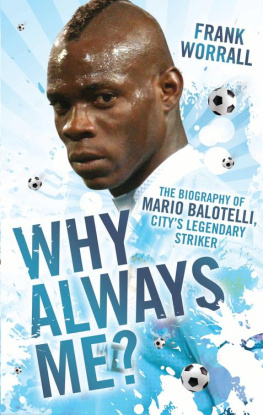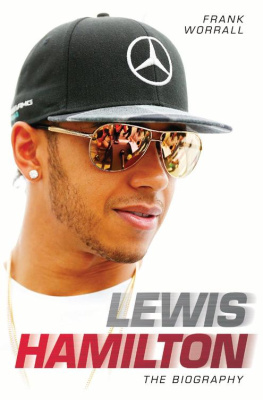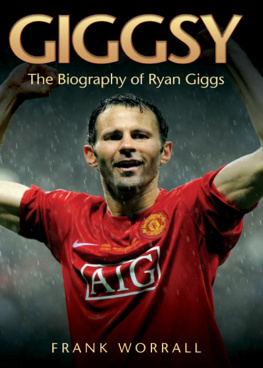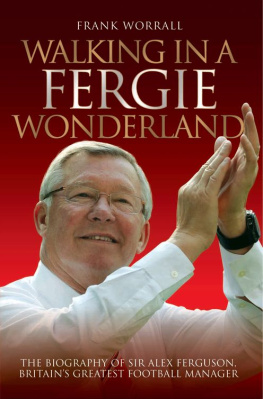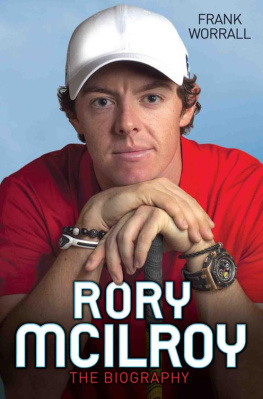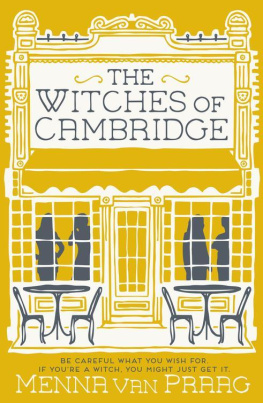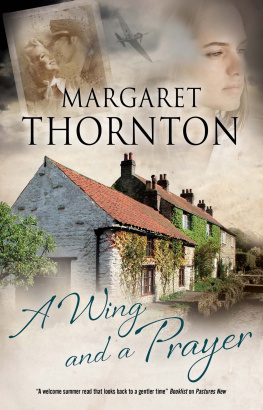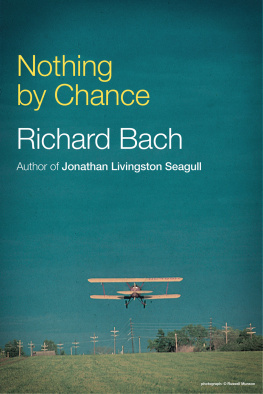S pecial thanks: Nick Pisa in Rome, John Blake, Allie Collins and all at John Blake Publishing. Alan Feltham and the boys at SunSport, and Dominic Turnbull.
THANKS: Gary Edwards, Adrian Baker, Ben Felsenburg, Alex Butler, Danny Bottono, Steven Gordon, Lee Clayton, BBC Sport, Dave Morgan, Darren ODriscoll, David and Nicki Burgess, Pravina Patel, Martin Creasy, Lee Hassall, Ian Rondeau, Colin Forshaw, John Fitzpatrick, Roy Stone, Russell Forgham and Tom Henderson Smith.
Not forgetting: Angela, Frankie, Jude, Nat, Barbara, Frank, Bob and Stephen, Gill, Lucy, Alex, Suzanne, Michael and William.
H is childhood certainly was no easy ride. He would suffer from health problems and poverty and would eventually end up living with foster parents. His troubled childhood would be a key factor in moulding his character and the person he would become as a footballer and would certainly contribute to the insecurities, defensiveness and pained psyche that would plague him as he became an international star.
Mario Barwuah Balotelli was born on August 12, 1990, in Palermo, Sicily, to Ghanaian immigrants Thomas and Rose Barwuah. They were poor and Mario lived in cramped accommodation with his parents and his sister Abigail, three years his elder. Thomas proved he would graft for his family by travelling back and forth every weekend on a 12-hour overnight train to find manual work, many miles away from their home. Rose stayed at home to look after Mario and Abigail. But Rose and Thomas faced further problems as Mario was in and out of hospital for the first two years of his life. He was diagnosed with life-threatening complications to his intestines shortly after birth, and would need a series of operations.
Thomas said, There were complications with Marios intestines and he was in a bad way. The doctors were worried that he would not survive and we even had him baptised in hospital in case he died. For a year we were frantic with worry that he would not live. He was our first-born son and we were so proud when he was born, but we were left facing the prospect he might die.
But Mario was a born fighter and by the age of two his condition had improved dramatically. The family now moved to Bagnolo on the outskirts of Brescia in northern Italy. They were still poor and initially lived in a cramped studio flat with another African family before asking social services for help, pointing out Mario had recently recovered from an operation.
Social services officers sympathised with their plight and suggested that it might be for the best if Mario moved in with foster parents. The officers thought Mario would benefit if he went to live with Francesco and Silvio Balotelli, a white couple who already had two sons and a daughter of their own. Francesco, a warehouse supervisor in the pasta trade (now retired) and Silvio, originally a nurse and then a foster mother through much of her married life, lived in a big house in Concesio, an affluent nearby town, and social services pointed out to the Barwuahs that the move would bring stability and comfort to their son, who had suffered so much with his failing health.
Thomas Barwuah said: At first we were not sure but we decided it was probably best for Mario. We saw him every week and we all got on really well.
Soon the Barwuahs moved to a council flat above a row of shops and, two years after Mario was born, had another son, Enoch, who would also become a professional footballer . Thomas said he and his wife had agreed to a one-year foster placement, which was then extended by a further 12 months. But a division was opening up which would prove impossible to heal.
Thomas said, We thought that at some point, once things had sorted out, Mario would come back to us. But instead, every time we tried to get him back, the Balotellis kept extending the foster time. We couldnt afford lawyers to fight for us, so Mario grew more and more distant.
He would come and visit and play with his brothers and sisters but he just didnt seem to have any time for us, his mother and father. We wanted him back for more than 10 years but, every time we tried, the courts blocked it.
Instead Mario was brought up by the Balotellis. Even inside a well-off family he suffered at times being the black child of white parents. It would lead him to turning his back on his Ghanaian heritage, taking the surname of his adopted parents and eventually becoming an Italian national. Inevitably, he would suffer racial abuse at school and in the street as he grew up with the Balotellis and would become both introverted and combustible according to those who witnessed his development. His foster mother Silvio Balotelli would later outline his particular difficulties when she said, He was born and raised in Italy but had to suffer the humiliation and hardships of being considered a foreigner.
I asked a psychotherapist friend to comment on Marios situation. She said, It is not hard to see that he would have problems growing up. He must have suffered a sort of double identity crisis. On the one hand, he didnt know who were his real parents and would feel confusion and maybe guilt at choosing one over the other. Plus there would be anger at his biological parents for giving him away.
Then you have the scenario of a black boy growing up in a white family. That must have also been confusing for him and he would surely get angry and defensive at being racially abused by other kids although I am sure his new family would be loving and supportive. It all points to a young man with problems underneath the surface anger, resentment, confusion and sadness and all it would take would be something surrounding his situation for those simmering problems to boil over. I would imagine he could fly off the handle very easily. He might ultimately need therapy to bring closure to his upbringing and to help him cope emotionally with life. He might need cognitive help to bring his temper under control and to put a lid on those demons.
At this stage, I must declare my indebtedness to Nick Pisa, the British journalist who operates for the UK press from Italy. Pisa has delved beneath the surface to uncover the problems Mario faced as a youngster and all the quotes in this chapter are included courtesy of him. Pisa learned at first hand in Italy of the tug-of-war between the Barwuahs and the Balotellis that would lead to a breakdown of relations between Mario and his birth family.
Pisa says, According to Mario he was abandoned by his parents in hospital when he was two years old. Its a claim Thomas and Rose deny adamantly.
I tracked down Thomas and Rose to their third floor council flat at Bagnolo Mella, where they live with their three other children Abigail, 22, Enoch, 17, and Angel, 11.

